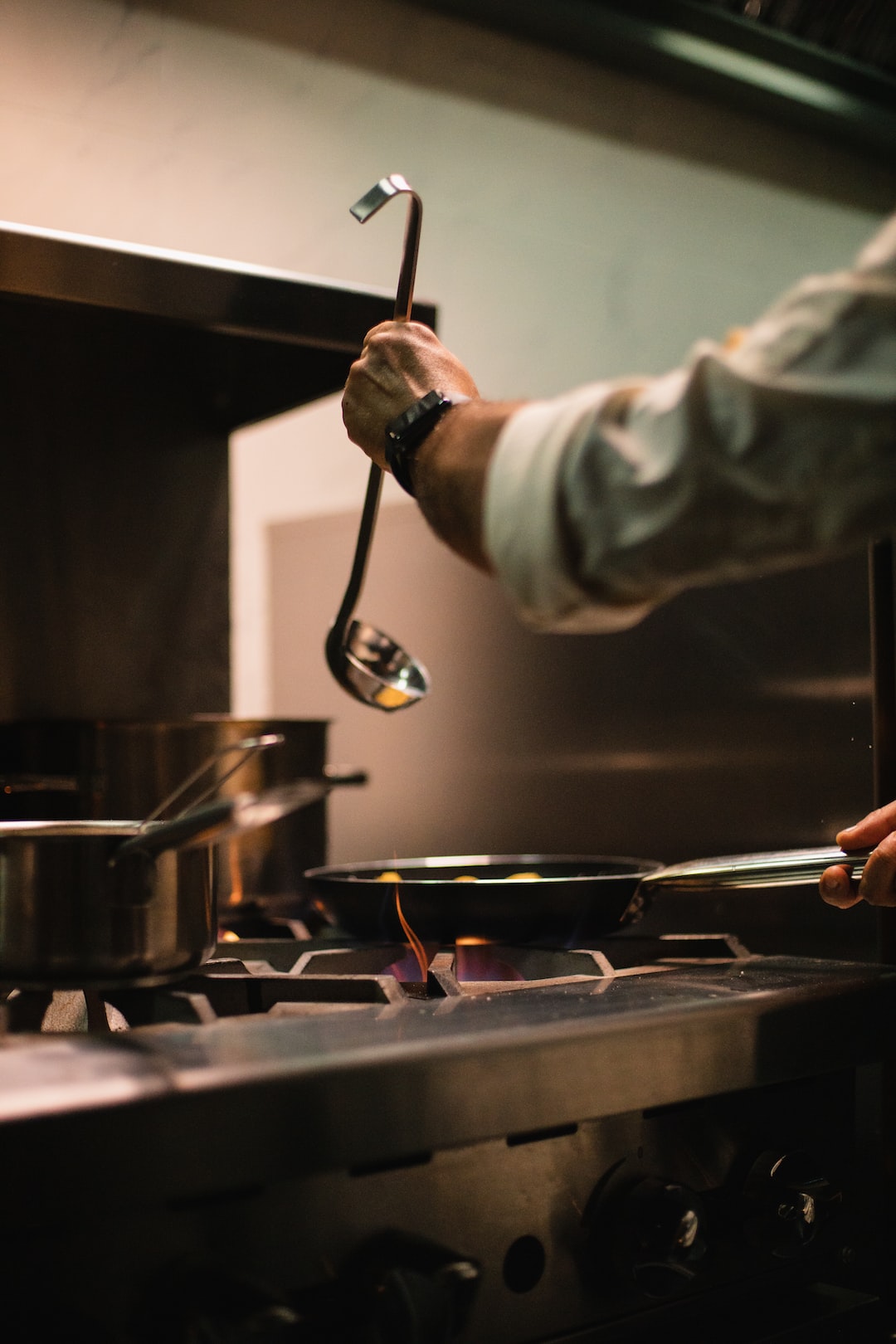The Fascinating History of Chocolate and its Evolution Today
Chocolate. Just the word alone brings a smile to our faces. It’s a treat that most of us simply can’t resist. But have you ever stopped to think about the journey that chocolate has taken throughout history? From its discovery in the ancient civilisations of Mesoamerica to its global domination today, the story of chocolate is truly fascinating.
The history of chocolate begins thousands of years ago in the tropical rainforests of Central and South America. It was in these regions that the ancient Maya and Aztec civilizations first cultivated cacao trees and recognized the value of the cacao beans they produced.
The Maya believed that cacao was a divine gift from the gods and used it in religious rituals and ceremonies. They prepared a bitter beverage called xocoatl, made by grinding roasted cacao beans and mixing them with water and spices. This drink was reserved for the elite and was often used as a form of currency.
When the Aztecs came into power, they too embraced the cacao bean. They believed it had the power to give them strength and vitality. They consumed chocolate drinks during religious ceremonies, as well as using it as a form of currency. It was considered a luxury item, fit for kings and warriors.
The Spanish conquistadors, led by Hernán Cortés, encountered chocolate during their conquest of the Aztecs in the 16th century. They were intrigued by this strange new beverage and brought it back to Europe, where it quickly gained popularity among the aristocracy.
In Europe, chocolate became a symbol of wealth and power. It was used as a medicine, as an aphrodisiac, and as a status symbol. The Spanish kept the secret of chocolate production tightly guarded, but eventually, it spread throughout the continent. The first chocolate house opened in London in 1657, introducing the British to this decadent treat.
As the centuries passed, chocolate continued to evolve. In the 18th century, advancements in technology allowed for the mass production of chocolate bars. Swiss chocolatiers like Daniel Peter and Henri Nestlé developed new techniques to make chocolate smoother and creamier, while also inventing milk chocolate.
The industrial revolution of the 19th century revolutionized the chocolate industry. Innovations in machinery and transportation made it easier to produce and distribute chocolate on a massive scale. Companies like Cadbury, Hershey, and Toblerone emerged as major players in the market.
In the 20th century, chocolate became more accessible to the masses. It was no longer a luxury reserved for the wealthy. World War II played a significant role in this democratization of chocolate. Soldiers were given chocolate bars as part of their rations, leading to increased demand and production.
Today, chocolate is a multi-billion-dollar industry. It comes in countless shapes, sizes, and flavors, catering to different tastes and preferences. Dark chocolate, with its high cocoa content and health benefits, has become particularly popular. Artisanal and craft chocolate makers have also emerged, offering unique and premium chocolate experiences.
But the story of chocolate doesn’t end there. The future of chocolate is being shaped by concerns about sustainability, fair trade, and ethical sourcing. It has become important for consumers to know where their chocolate comes from and how it is produced. Companies are increasingly offering products that are organic, ethically sourced, and environmentally friendly.
The fascinating history of chocolate and its evolution today is a testament to the enduring appeal of this sweet treat. From its sacred beginnings in ancient Mesoamerica to its global dominance, chocolate has truly captured our hearts – and our taste buds.

